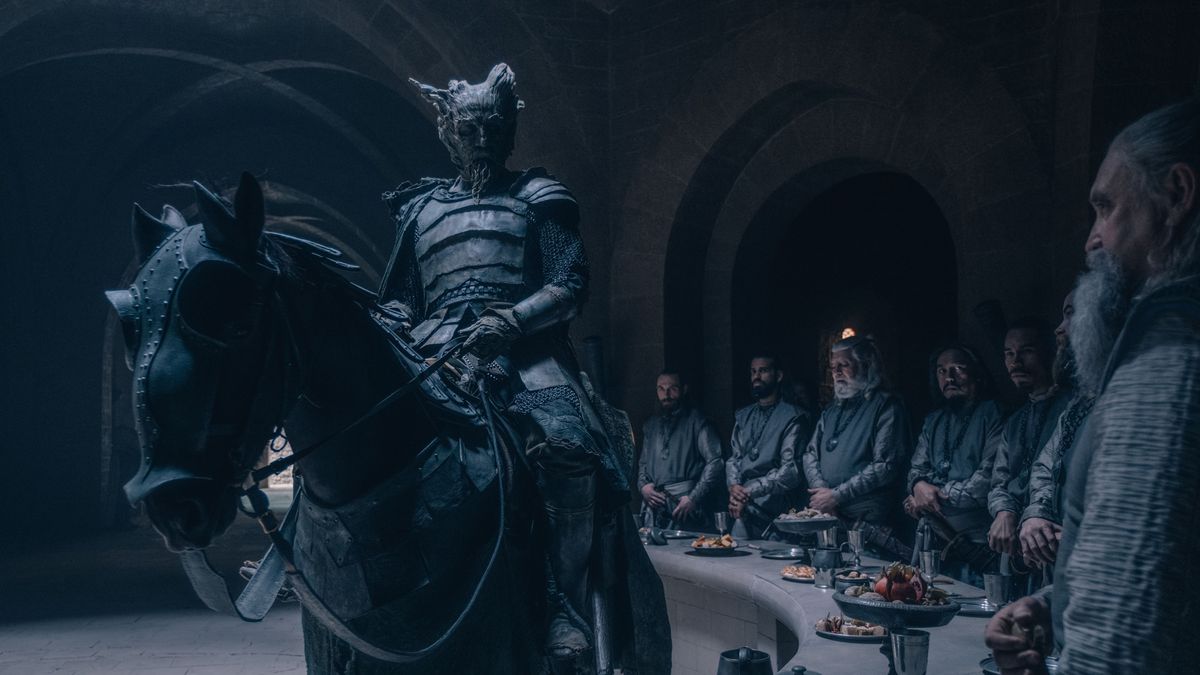Subtraction.com

Barring another unfortunate left turn in our tortured collective recovery from COVID-19, we’re getting tantalizingly close to seeing the release of a few of the most highly anticipated movies that have been delayed since the start of this whole hot mess: “No Time to Die,” the twenty-fifth James Bond movie, is out on 8 Oct and “The French Dispatch,” Wes Anderson’s latest, is out on 22 Oct. (Still no “Mission: Impossible 7” for more than twelve months, though.)
I’ll admit to generally feeling ambivalent about the release of each new Wes Anderson production. I’ve found some of his movies captivating and others infuriating, and I always experience a sense of claustrophobia brought on by the director’s preening, highly controlled production design. But, perhaps in anticipation of “The French Dispatch,” I’ve found myself revisiting much of his back catalog over the past couple of months. In July I started with “Isle of Dogs”; then last month I rewatched “Fantastic Mr. Fox,” “The Grand Budapest Hotel,” “Moonrise Kingdom,” and “The Darjeeling Limited.” I remember seeing that last one in theaters in 2007; I thought it was a stinker then and I think it’s a stinker now. But to my surprise, my initial distaste for “Isle of Dogs” and “Moonrise Kingdom” dissipated when I saw them again.
Once I was able to set aside some of the incredibly clumsy cultural insensitivity on display throughout “Dogs,” I came to better appreciate its authentically tender rendition of the special relationships that children can form with the canine species. I also saw “Moonrise Kingdom” in theaters when it was released in 2014 and hated it at the time, but I ended up watching it twice in August: during the first rewatch I sort of begrudgingly accepted that it was moderately less one-dimensional than I thought it was. Not longer after I found myself wanting to see it yet again, and then genuinely enjoying how completely it puts its viewers inside a child’s experience of first love.
It’s pretty clear to me now, after watching two decades of Anderson’s films, that he’s really a children’s director. That’s not to say that he makes movies for kids, at least not exclusively, but that he’s making films about the experience of childhood, even when he’s trying to tell tales of adulthood. As it happens, when he fully embraces this impulse, as he did with his stop-motion films (both of which seem to have renewed him artistically), with “Moonrise Kingdom,” with “Grand Budapest Hotel” (the entire movie is a reminiscence about a lost childhood), and with “Rushmore”—all of which put children squarely at the center—he’s fully in his comfort zone. When he’s focusing on “adult” matters, as he did with “The Life Aquatic,” “The Royal Tenenbaums,” and “Darjeeling” (which, again, is an unmitigated, racist disaster), he’s out of his element. And it’s during those times when I find myself most often fighting the way he uses his arch aesthetic sensibilities to mask essentially incoherent theses about how adults comport themselves.
And that’s how I feel about Wes Anderson!
It’s telling that I found myself thinking a lot more about Anderson’s years-old movies than I did about one of the best reviewed new features of 2021: David Lowery’s “The Green Knight.” This contemporary reimagining of the Arthurian fable of Sir Gawain is beautifully—even masterfully—made but, as with all of Lowery’s films that I’ve seen, more of a showcase for the director’s gauzy self admiration than for real ideas.
It’s inarguable that Lowery has a talent for turning conventional genre conventions and plot twists on their side, unfolding them in genuinely unexpected, artful ways. But that innate ability, along with a sickly sweet, “indie” preciousness that he slathers over every frame, seem like the real focus of his attentions. In this way he’s not unlike Wes Anderson; they’re both beholden to their aesthetic obsessions to the point of distraction, but in Lowery’s case he’s missing a truly animating perspective on his stories.
Most of “The Green Knight” is just a series of showy set pieces with little sense of purpose. Also, I’m not afraid to admit, having been unfamiliar with the tale of Sir Gawain beforehand, I didn’t understand half of what was going on. There’s a certain amount of “just go with it” that I think any movie as exquisitely made as this one is entitled to demand of its audience, and I honestly do enjoy not always understanding what I’m seeing. But in this case, the self-satisfied, willful obfuscation of fundamental plot details just left me cold. “The Green Knight” has the appearance of a movie made with tremendous passion and feeling, but it’s so busy outsmarting itself that it adds up to little more than the sum of its beautiful parts, inspiring little emotional resonance. Within a day I had forgotten about it almost entirely.
Here are all twenty-six movies I saw in August.
This is the latest roundup of my monthly movie consumption. You can also see what I previously watched this past July, June, May, April, March, February, and January, and in 2020, 2019, 2018, 2017, and 2016. Also, you can always keep up with what I’m watching by following me on Letterboxd—where I’m also writing tons of capsule reviews.
+
